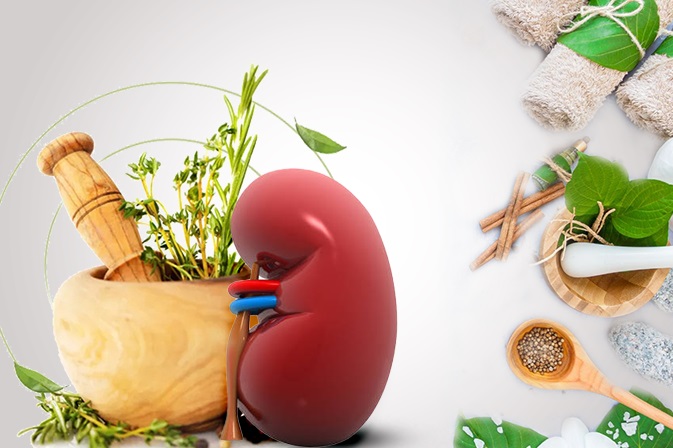Estimated reading time: 0 minutes
In today’s industrialized world, environmental toxins pose a considerable threat to kidney health. The kidneys, crucial for filtering waste and maintaining body equilibrium, are especially vulnerable to pollutants like heavy metals, pesticides, and air pollution. This comprehensive overview merges Ayurvedic insights with contemporary knowledge to safeguard kidney health against environmental toxins.
Identifying Key Environmental Toxins
1. Heavy Metals: Lead, mercury, arsenic, and cadmium, found in contaminated water, food, and industrial products, can impair kidney function.
2. Agricultural Chemicals: Pesticides and herbicides used in farming can accumulate in the body, harming kidney tissues over time.
3. Airborne Pollutants: Fine particulate matter from vehicles, industry, and burning fuels contributes to chronic kidney disease by promoting inflammation.
4. Industrial Solvents: Chemicals like TCE and PCE, prevalent in dry cleaning and manufacturing, heighten the risk of kidney disorders.
Exposure Pathways
– Water and Food Contamination: Polluted water sources and pesticide-treated crops are primary avenues for toxin entry into the body.
– Inhalation of Polluted Air: Living or working near high pollution sources increases the risk of inhaling toxic substances.
– Occupational Hazards: Certain industries expose workers to elevated levels of harmful chemicals.
Ayurvedic and Modern Approaches to Minimize Risk
1. Purify Drinking Water: Implementing water filtration systems can significantly reduce exposure to waterborne toxins.
2. Mindful Eating Practices: Opting for organically grown produce and limiting intake of mercury-rich fish align with Ayurvedic recommendations for pure and natural food consumption.
3. Enhancing Air Quality: Utilizing air purifiers and monitoring pollution levels can mitigate exposure to airborne pollutants. Ayurvedic practices also emphasize the importance of living in clean, natural environments.
4. Protective Measures in Workplaces: Adhering to safety guidelines and utilizing proper PPE in toxin-exposed industries are crucial preventative measures.
5. Holistic Lifestyle Adjustments: Ayurveda advocates for a balanced diet, regular detoxification practices, and stress management techniques like yoga and meditation to enhance the body’s resilience against toxins.
6. Supporting Environmental Policies: Advocacy for stricter pollution controls and sustainable practices is vital for reducing environmental toxin levels.
Ayurvedic Remedies for Kidney Health
Ayurveda offers herbal remedies known for their detoxifying and protective effects on the kidneys:
– Gokshura (Tribulus Terrestris): Supports urinary tract health and aids in flushing out toxins.
– Punarnava (Boerhavia Diffusa): Known for its rejuvenating properties and ability to reduce fluid retention.
– Varuna (Crataeva Nurvala): Traditionally used for its diuretic and anti-inflammatory properties, helping in the management of kidney stones and urinary tract infections.
Conclusion
Combating the adverse effects of environmental toxins on kidney health requires an integrated approach that combines Ayurvedic wisdom with contemporary lifestyle and dietary modifications. By recognizing the sources of toxic exposure and implementing targeted preventative strategies, individuals can significantly enhance their kidney health and overall well-being. Collaboration between traditional and modern health practices offers a holistic pathway to protecting the kidneys from the pervasive risks of environmental pollutants.
Related-
Know More About Ayurveda Treatments For Kidney Stones.
GET IN TOUCH


Recent comments